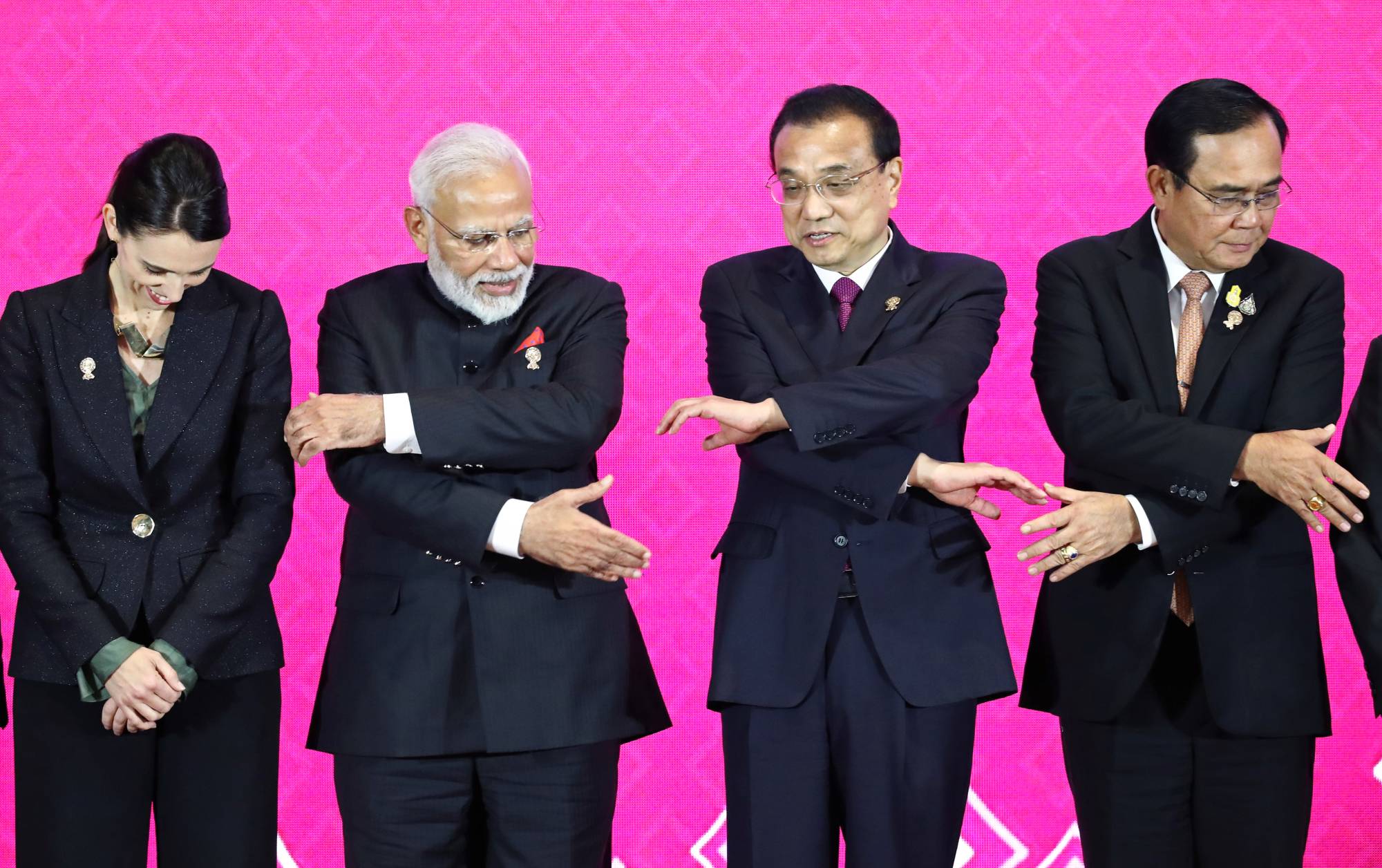“Don’t make us choose!” That has been, is, and almost certainly will continue to be Southeast Asia’s reflexive response to intensifying geopolitical competition in the region.
This mindset persists despite — or perhaps because of — a virtual transformation of the region’s political and economic dynamics, two years of a global health pandemic and Russia’s bloody invasion of Ukraine.
Trying to distance themselves from the increasingly contentious relationship between China and Western governments makes sense for a lot of reasons. Yet for some outsiders, even those sympathetic to the region’s position, refusal to acknowledge sharpening geopolitical reality risks devastating consequences.


















With your current subscription plan you can comment on stories. However, before writing your first comment, please create a display name in the Profile section of your subscriber account page.